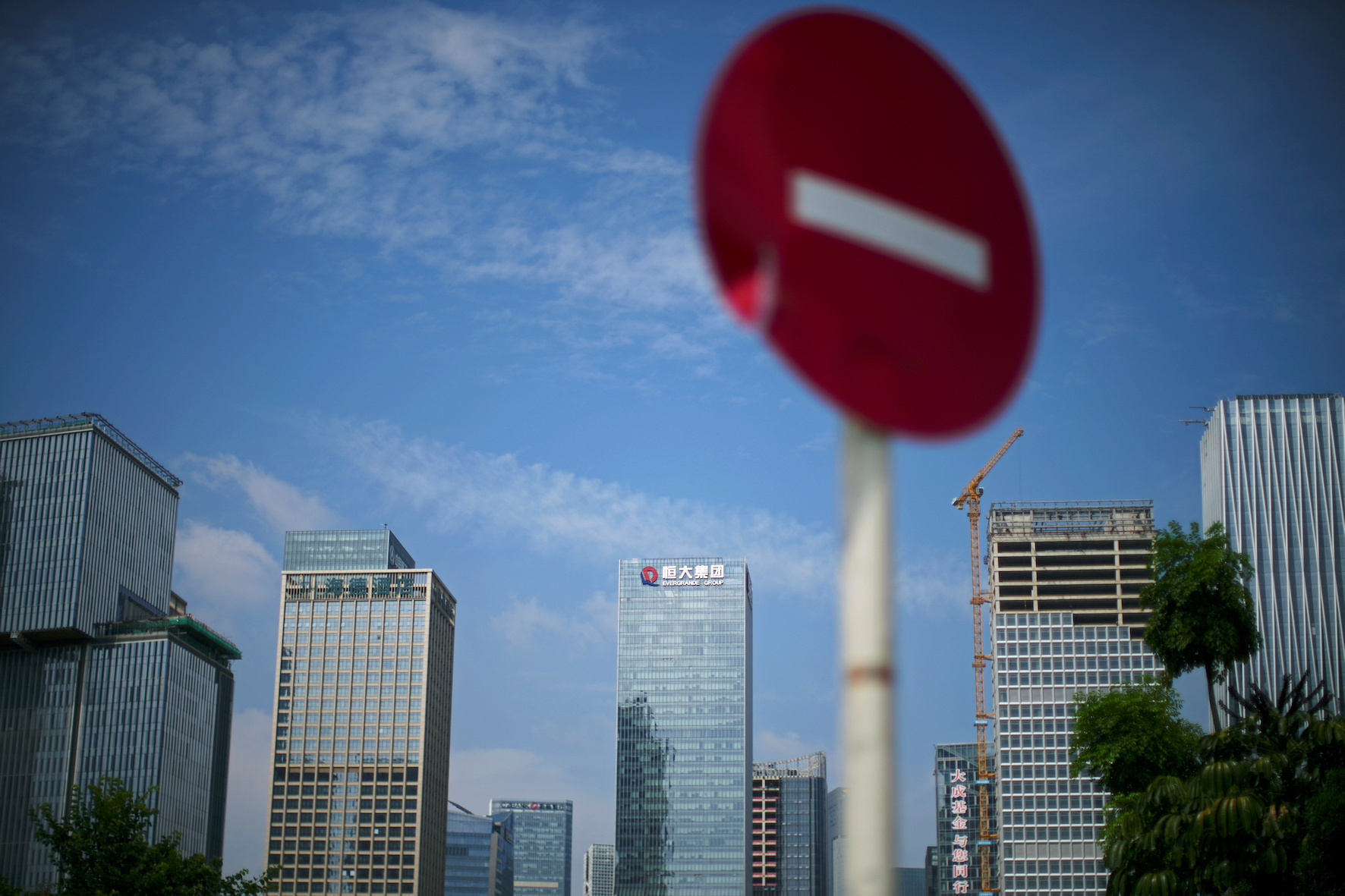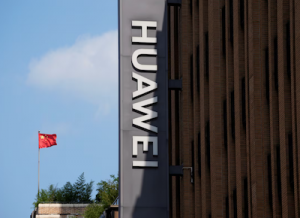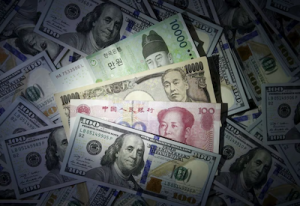Scrambling to avoid defaulting on its debts, cash-strapped China Evergrande Group said on Wednesday it plans to sell a 9.99-billion yuan ($1.5bn) stake in Shengjing Bank to a state-owned asset management company.
The news helped buoy the property company’s share price, which rose almost 15%, as another bond payment deadline approached. But its failure to pay an obligation last week prompted Fitch Ratings to downgrade the troubled property giant.
Shengjing Bank, one of the main lenders to Evergrande, had demanded that all net proceeds from the disposal be used to settle the financial liabilities of the property developer due to the lender, Evergrande said in an exchange filing.
That requirement suggests that Evergrande will be unable to use the funds for other purposes such as another interest payment to offshore bondholders of $47.5 million due on Wednesday.
CORPORATE HEADACHE
The payment deadline is being closely watched by investors as the developer’s next big test in public markets.
Evergrande has rapidly become China’s biggest corporate headache as it teeters between a messy meltdown with far-reaching impacts, a managed collapse or the less likely prospect of a bailout by Beijing.
The 1.75 billion shares, representing 19.93% of the issued share capital of the bank, will be sold for 5.70 yuan apiece to Shenyang Shengjing Finance Investment Group, a state-owned enterprise involved in capital and asset management, Evergrande said in its filing.
Shenyang Shengjing’s stake in the bank will be increased to 20.79% after the deal to become the bank’s largest shareholder. Evergrande’s stake in the bank would be reduced to 14.75% from 34.5%.
“The company’s liquidity issue has adversely affected Shengjing Bank in a material way,” Evergrande Chairman Hui Ka Yan said in the statement. “The introduction of the purchaser, being a state-owned enterprise, will help stabilise the operations of Shengjing Bank and at the same time, help increase and maintain the value of the 14.75% interest in Shengjing Bank retained by the company.”
‘NO MONEY’
Beijing is prodding government-owned firms and state-backed property developers to purchase some of embattled China Evergrande Group’s assets, people with knowledge of the matter told Reuters on Tuesday.
Fitch said on Wednesday it had downgraded the long-term foreign-currency issuer default ratings (IDRs) of Evergrande and its subsidiaries Hengda and Tianji.
The downgrades to C, from CC, reflect that Evergrande is likely to have missed interest payment on its senior unsecured notes and entered the consequent 30-day grace period before non-payment constitutes an event of default, Fitch said.

As financiers battled to prevent the company’s collapse, the impact of its debt woes on the real economy were playing out across China. In Guangzhou’s Tainhe district, cleaning business owner Guo Hui explained how he had been forced to sell his Porsche and put his home on the market.
Guo has had to do that because 20 million yuan he is owed by Evergrande has not materialised and he’s been unable to pay bills or his employees’ wages. A contract with Evergrande accounted for 90% of his business.
“We’ve reached out to those in charge but they either say they have no money or don’t know when they can settle the payments,” Guo said. “We’re left in a very passive situation.”
• Reuters with additional editing by Mark McCord
Also on AF
China Pulls Out the Big Guns to Avert Evergrande-Fuelled Disaster
ADB Not Seeing China Evergrande As A ‘Lehman Moment’
This story was updated with minor editing changes.
























